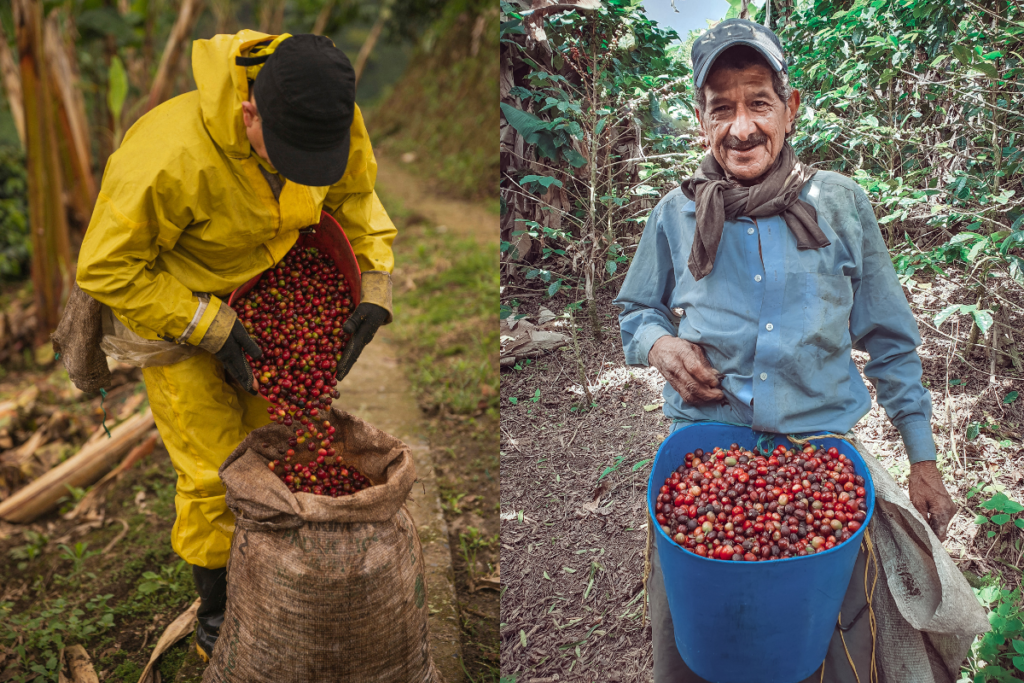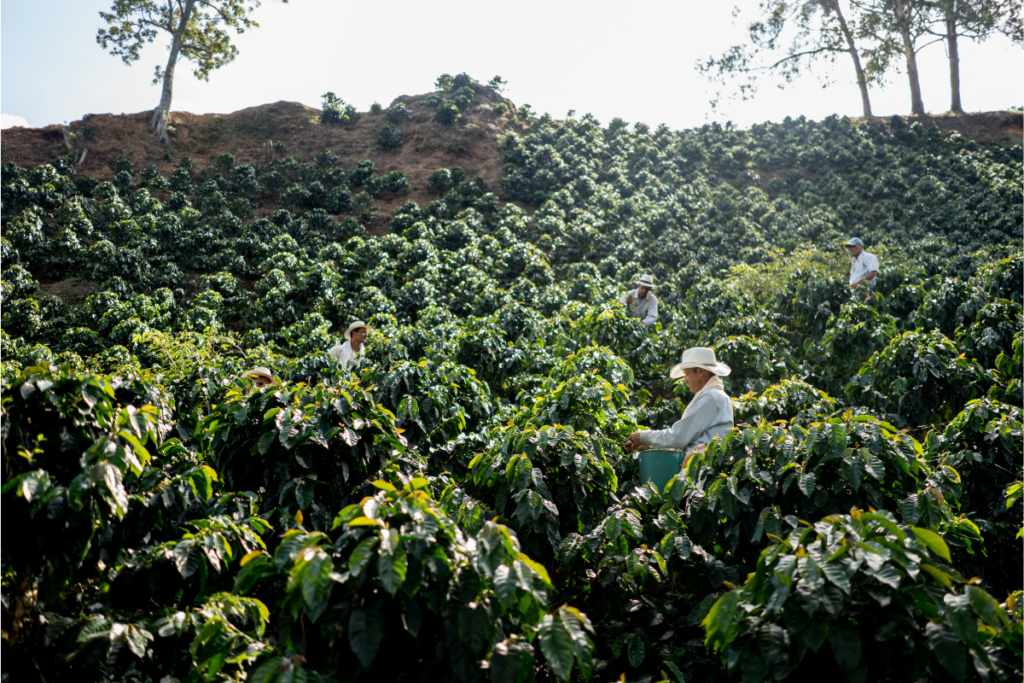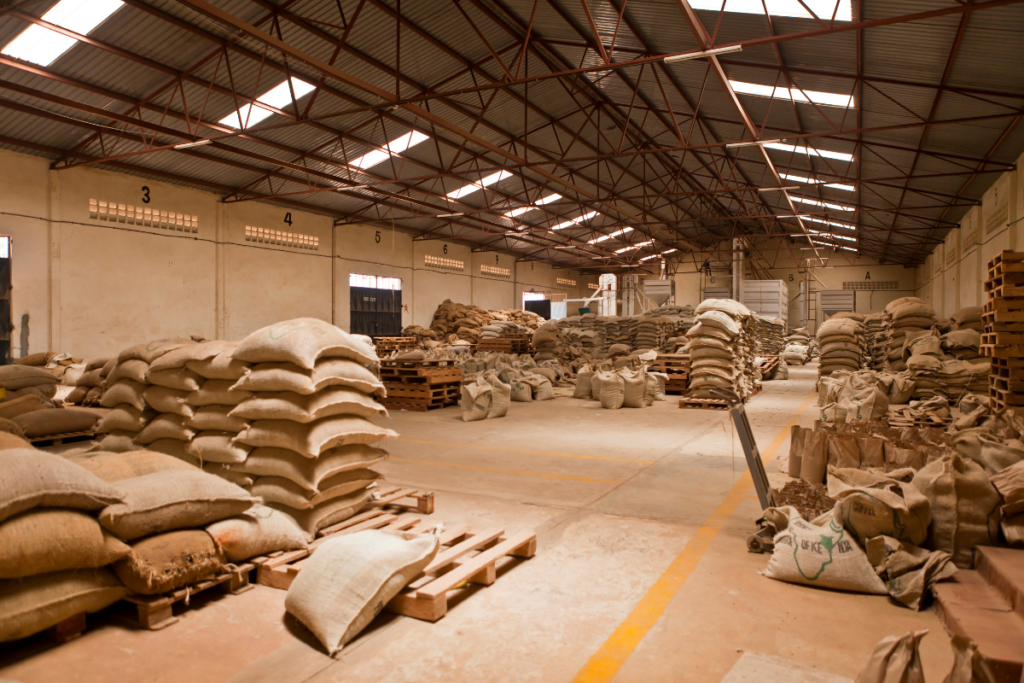
While direct trade offers numerous advantages, it also has some shortcomings that buyers and producers should be aware of:
- Limited Access: Direct trade may not be accessible to all coffee producers, particularly small-scale farmers or those in remote or marginalized regions. Building direct trade relationships requires resources, infrastructure, and capacity that may be lacking in some coffee-producing communities.
- Dependency: Direct trade can create dependency relationships between buyers and producers, especially if buyers are the primary source of income or support for producers. This dependency can lead to power imbalances and vulnerabilities for producers, particularly if buyers have significant leverage in negotiations.
- Inequality: Despite the promise of higher prices and improved livelihoods for producers, direct trade relationships may still perpetuate inequalities within the coffee supply chain. Factors such as access to resources, market knowledge, and bargaining power can influence the terms and outcomes of direct trade relationships, potentially favoring buyers over producers.
- Quality Control Challenges: While direct trade can offer greater control over coffee quality, it also places greater responsibility on buyers to ensure consistency and adherence to quality standards. Without robust quality control measures and monitoring systems in place, there is a risk of variability in coffee quality, which can affect the reputation and credibility of both buyers and producers.
- Logistical Constraints: Direct trade relationships may face logistical challenges such as transportation costs, infrastructure limitations, and regulatory barriers, particularly in remote or underdeveloped regions. These constraints can impact the efficiency and reliability of the supply chain, leading to delays, disruptions, or increased costs for both buyers and producers.
- Market Exposure: Direct trade does not shield producers from market risks such as price volatility, currency fluctuations, and shifts in consumer demand. Producers engaged in direct trade may still be vulnerable to market pressures and economic uncertainties, particularly if they lack diversification in their income sources or access to financial tools for risk management.
- Ethical and Social Risks: Direct trade relationships may expose buyers and producers to ethical and social risks such as labor exploitation, environmental degradation, and social inequities. Buyers must conduct due diligence to ensure that producers adhere to ethical standards and support initiatives to address social and environmental challenges in coffee-producing communities.
Overall, while direct trade offers many benefits in terms of transparency, sustainability, and quality, it is not without its challenges and limitations. Buyers and producers must navigate these complexities collaboratively and transparently to build resilient and mutually beneficial direct trade relationships that promote long-term sustainability and equity in the coffee industry.


